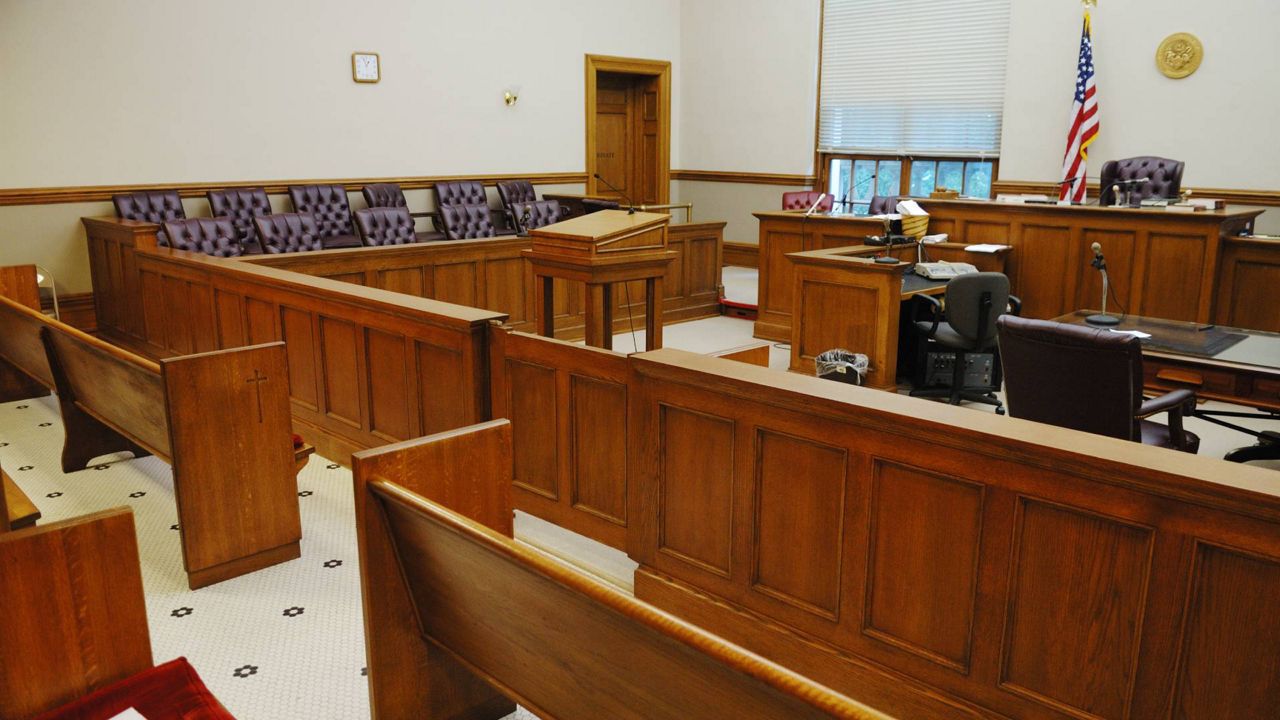Merging New York's 11 trial courts would simplify the state's judicial system, save millions of dollars and provide easier access to justice for New Yorkers, the state's top judge on Thursday said when unveiling a plan to re-structure the system.
The proposal, backed by Chief Judge Janet DiFiore, as well as top lawmakers on the Senate and Assembly judiciary committees, would be the most significant overhaul of the state's court system in decades if given final approval.
"While unintentional, the State’s obsolete trial court structure has created barriers to justice that disparately impact our most vulnerable New Yorkers," DiFiore said. "We must modernize our outdated trial court structure in remedying these inequities and transforming our court system into a model of efficiency."
The change would put New York in line with states like California and New Jersey, which have only one or two trial courts.
Supporters of the change argue it would provide more access to the state court system to non-white and marginalized New Yorkers by simplifying a court structure that is a century old. It could also provide a clearer way of promoting low-court judges and provide more flexibility in assigning judges.
“Court reform is a long-overdue opportunity to fix our labyrinthine state courts and make our judicial system fairer, especially for low-income litigants," said state Sen. Brad Hoylman. "I look forward to working with the Chief Judge and my legislative colleagues on a consolidation proposal that reflects these goals, while diversifying the bench and respecting our unionized workforce. As we emerge from the pandemic, now is the time to address the deficiencies in New York's court system."
The maze of courts can be confusing. DiFiore pointed to one example in which a woman seeking a divorce in an abusive relationship must travel to up to three separate courts to deal with criminal charges, custody issues and divorce proceeedings.
"For decades, New York State has had one of the most archaic, complex and bureaucratic court systems in the nation," said state Assemblyman Charles Lavine. "The result has been a two-tiered system that creates radically different experiences for litigants depending on their racial, economic and geographic backgrounds, and costs everyone time and money. We believe that the time for reform has finally come."
Both Hoylman and Lavine are backing a constitutional amendment to set the merger in motion. An amendment requires approval by two separately elected sessions of the Legislature and must then be given final approval from voters in a referendum.



